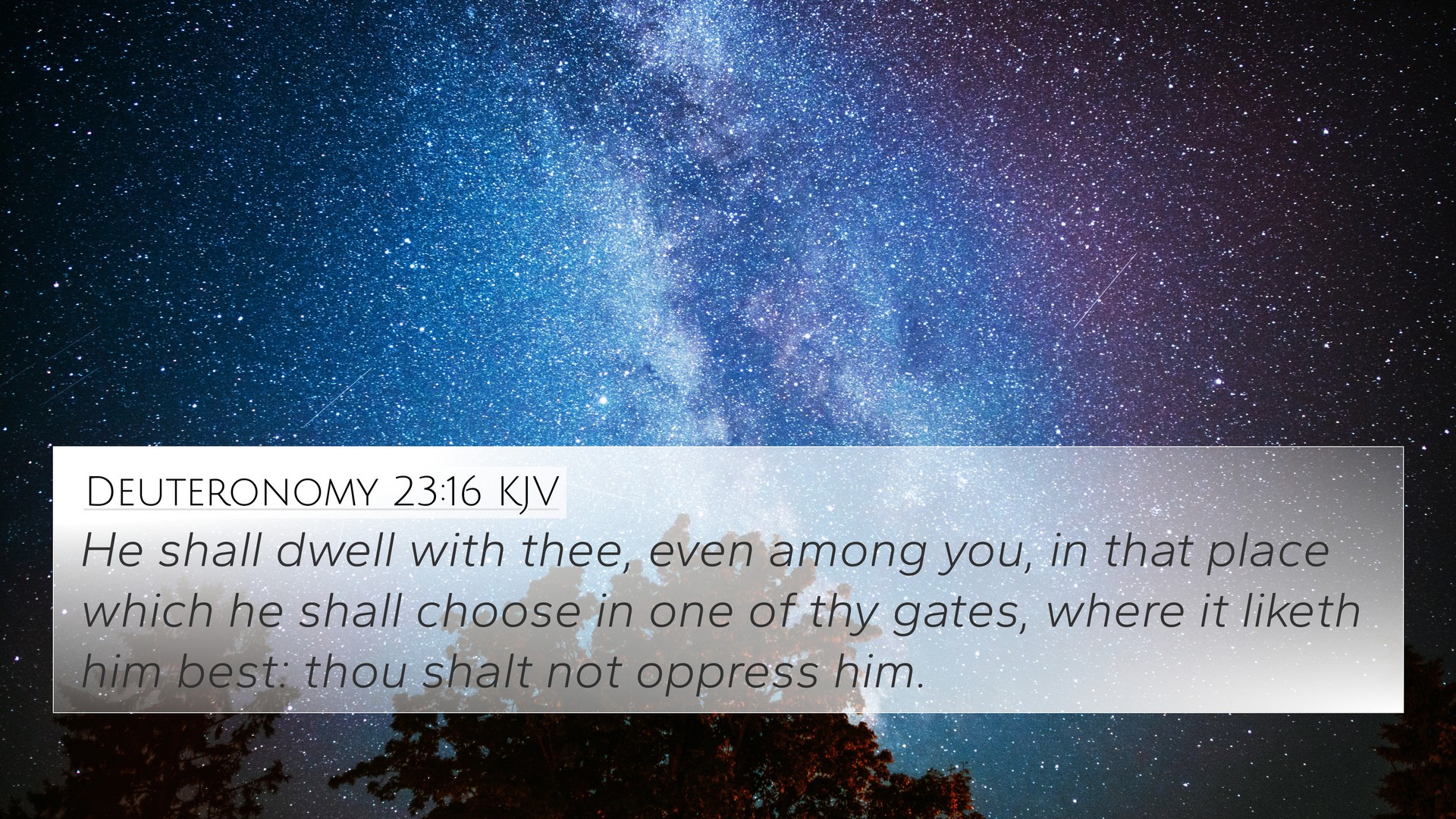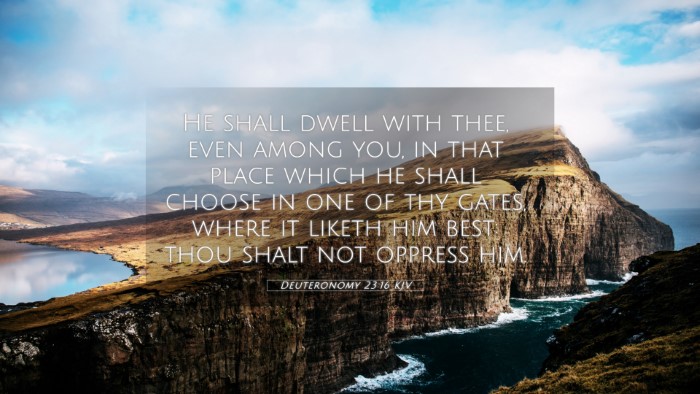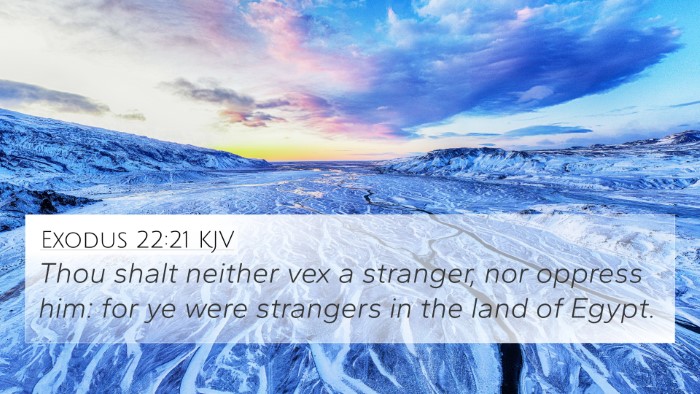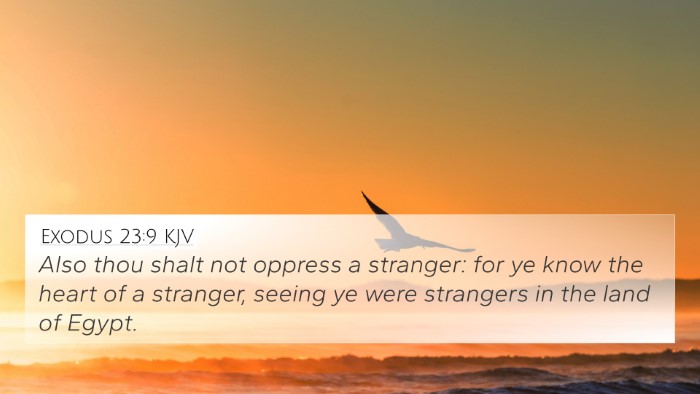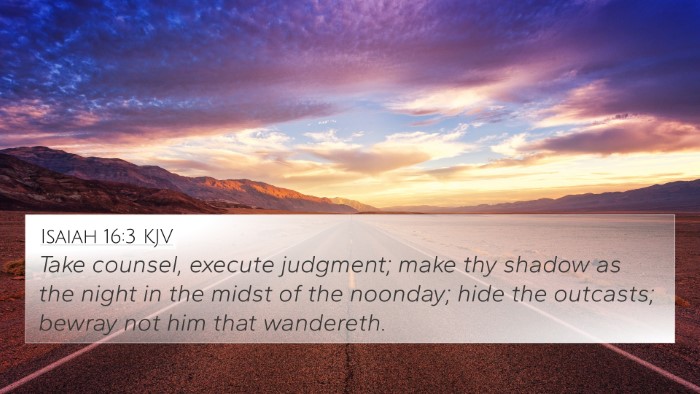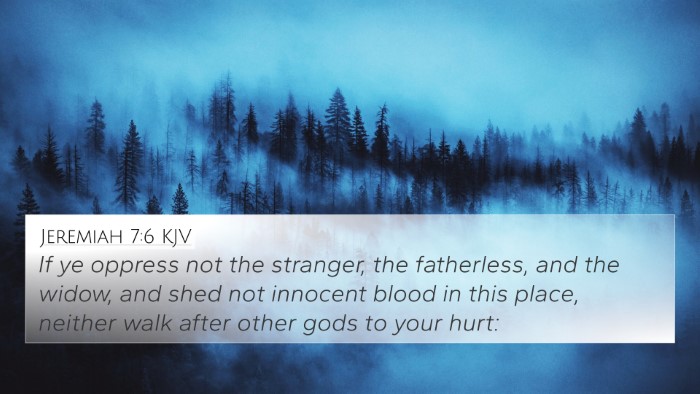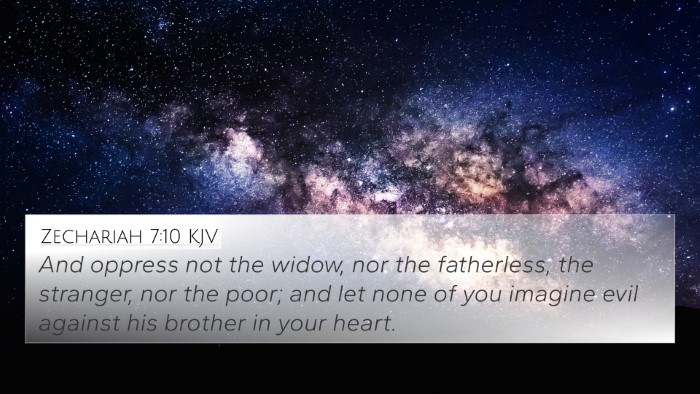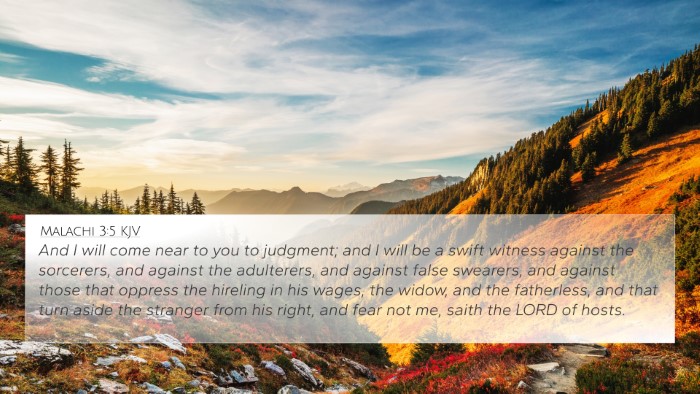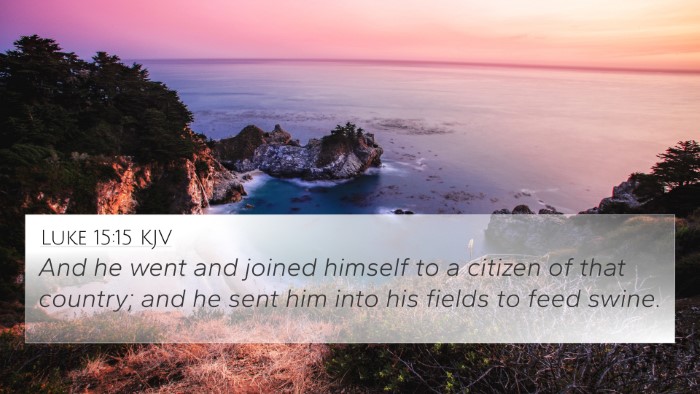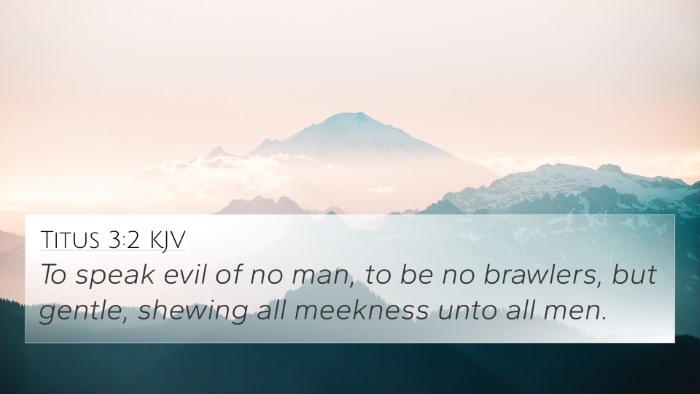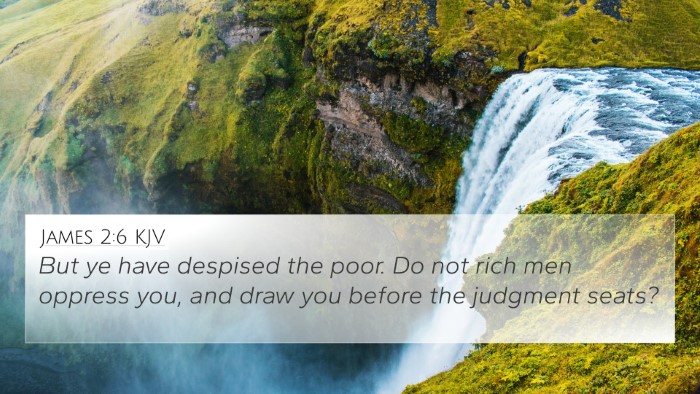Understanding Deuteronomy 23:16
Deuteronomy 23:16 states, "He shall dwell with thee, even among you, in that place which he shall choose in one of thy gates, where it liketh him best: thou shalt not oppress him." This verse offers profound insight into the treatment of individuals seeking refuge and protection within the community of Israel. Below is a detailed analysis drawn from public domain commentaries.
Summary of Meaning
The essence of this verse revolves around the themes of mercy, acceptance, and community responsibility. It emphasizes God's desire for His people to be compassionate and fair to those who seek asylum among them. The following sections highlight the key interpretations from renowned biblical commentaries:
Matthew Henry's Commentary
Matthew Henry highlights that this verse serves to protect those who are vulnerable, particularly the stranger or sojourner within Israel. His commentary stresses that God commands His people not only to welcome these individuals but to ensure they feel safe and secure in their new environment. The emphasis is on treating such individuals with dignity and respect, akin to the treatment of fellow Israelites.
Albert Barnes' Notes
Albert Barnes focuses on the moral obligations of the Israelites toward the strangers among them. He notes that the law embodies a spirit of kindness and justice, urging the Israelites to avoid oppression. Barnes suggests that this reflects the broader biblical principle of justice, which calls for compassion in dealings with outsiders, illustrating God's overarching concern for all humanity.
Adam Clarke's Commentary
Adam Clarke provides additional context by relating the verse to the historical practices of nations surrounding Israel. He asserts that, unlike other cultures that often marginalized outsiders, the Israelites were called to treat them as neighbors. Clarke emphasizes the notion that God’s people are tasked with protecting the rights and well-being of those who are vulnerable and powerless.
Thematic Connections
This verse bears connections to various biblical themes that underscore the treatment of others, emphasizing God's character of love and justice. Below are significant biblical cross-references that relate to Deuteronomy 23:16:
- Exodus 22:21: "Thou shalt not afflict any widow, or fatherless child."
- Leviticus 19:34: "But the stranger that dwelleth with you shall be unto you as one born among you..."
- Matthew 25:35: "For I was an hungred, and ye gave me meat: I was thirsty, and ye gave me drink: I was a stranger, and ye took me in."
- James 2:15-16: "If a brother or sister be naked, and destitute of daily food..."
- Hebrews 13:2: "Be not forgetful to entertain strangers: for thereby some have entertained angels unawares."
- Galatians 6:10: "As we have therefore opportunity, let us do good unto all men..."
- Isaiah 56:6-7: "Also the sons of the stranger, that join themselves to the Lord..."
Conclusion
Deuteronomy 23:16 is a powerful reminder of the call to love and protect those who seek refuge in our communities. Through the insights from various biblical commentaries, it becomes evident that this verse not only reflects God's desire for justice but also encourages believers to embody the same compassion in their lives today.
Further Study and Reflection
For those interested in deeper understanding, exploring the cross-references and applying them to contemporary situations can enhance one’s biblical knowledge and ethical practices. Engaging in Bible cross-reference guides, concordances, and thematic studies can reveal extensive connections among verses, enriching one's faith journey.
How to Use Bible Cross-References
To effectively utilize cross-references:
- Identify key themes in the verses you are studying.
- Use a Bible concordance or cross-reference guide to find related scriptures.
- Analyze the connections between different books and contexts.
- Consider historical and cultural backgrounds to enhance understanding.
- Engage with community discussions regarding these themes for varied perspectives.
